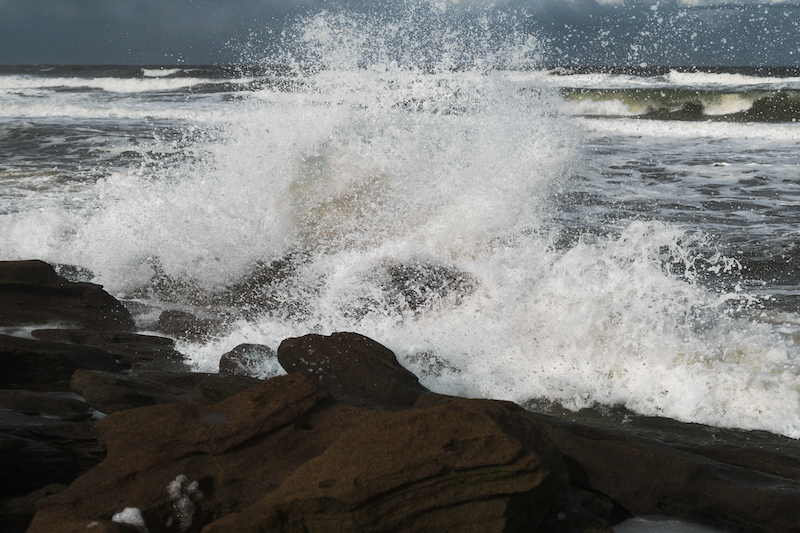
“The show was supposed to be about America,” Heji Shin says over Zoom, “but it turned out to be a bit more metaphorical.”
For her first institutional solo exhibition in the United States, opening at the Aspen Art Museum on Nov. 20, the cult image-maker had planned to road trip through the United States. Shin ended up homing in on Florida, turning her lens on NASA’s Kennedy Space Center in Cape Canaveral and the state’s oceanfront, which was recently struck by two consecutive hurricanes. “I was left with rockets and waves,” she says with a laugh.
Anyone even vaguely familiar with Shin’s output over the past decade knows a veer into landscape photography is unexpected. The Korean-German photographer has embraced the shock factor—cops copulating, babies clambering through birth canals, Kanye West mid-downfall—until now. In the dual series on view in Aspen, Shin strips a pocket of America down to the studs. The outcome is, in her words, “epic.”
Below, the photographer unpacks the story behind the show, and why she’s leaving transgression behind—for now.
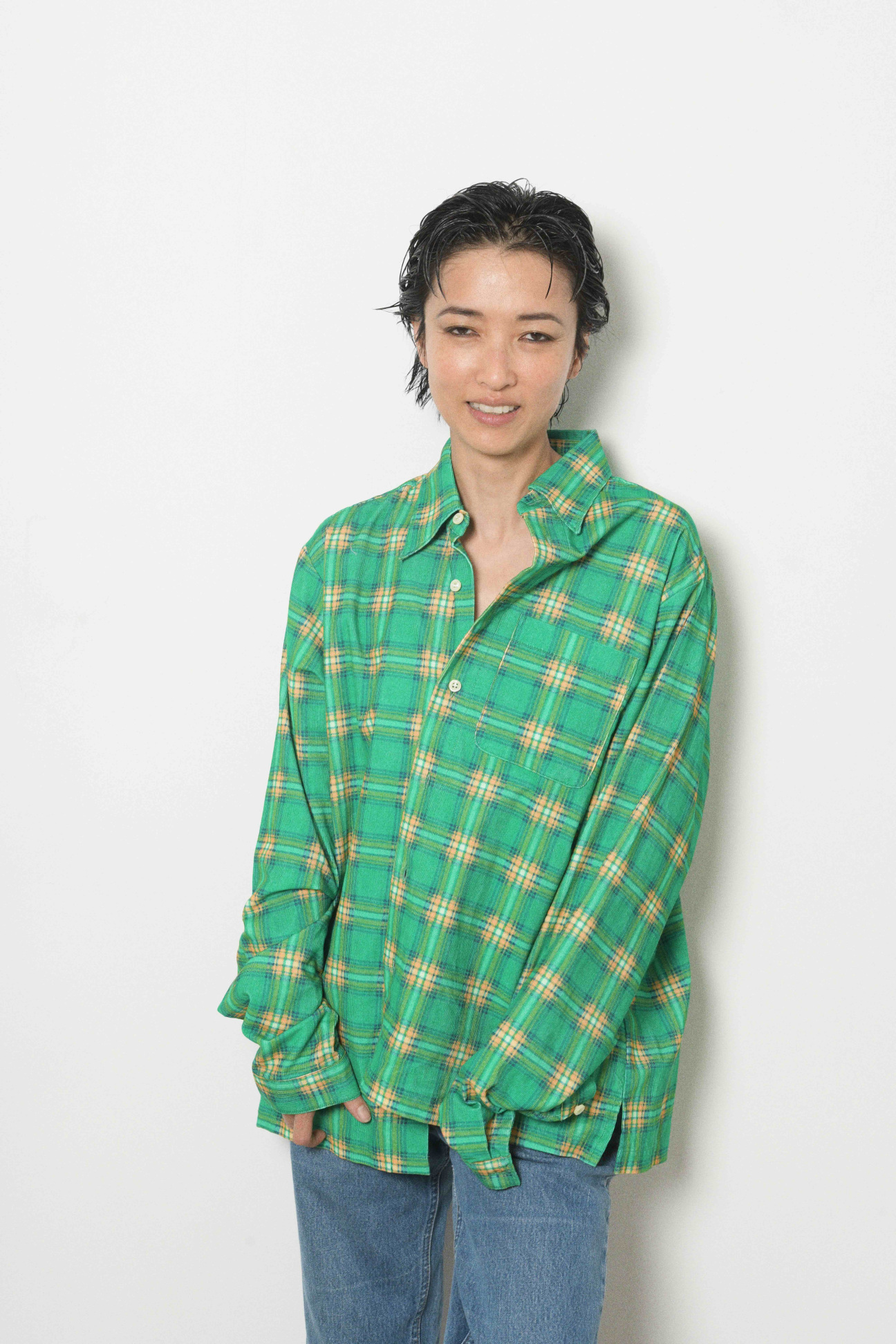
CULTURED: “Heji Shin’s America” is your first institutional solo show in the United States. How are you feeling ahead of its opening?
Heji Shin: I’m just really exhausted to be honest. Doing a show—and, of course, my first museum show in the U.S.—is always a much bigger effort than doing a normal commercial shoot. I’ve been working on it for three months.
CULTURED: Tell me a bit about the genesis for the show—and the places it’s taken you over the past few months.
Shin: The [show features] two series: one is vertical (the rocket launches) and one is horizontal (the oceanscapes). It was [supposed] to be about America, but it turned out to be more metaphorically [about] America.
CULTURED: What about the Floridian landscapes you photographed—the rocket launches at NASA’s Kennedy Space Center and the ocean fronts—felt so compelling to you? Your work has been largely human- and animal-based, what made you want to turn to the more elemental nature of a landscape?
Shin: I wanted to do rocket launches, not because I think they’re quintessentially American, but rather because they embody American adventures and technological advances. So I had that component already, and I was thinking, I want to do the other side of the spectrum, which would be nature. I’d been to the Met’s American section and seen paintings by Winslow Homer, who very illustratively painted waves crashing against rocks… And that was the portrait I wanted to have. Once I start photographing people, I don’t know where to stop, so I was like, “I have to reduce it in some way and make it conceptually more clear.” I was left with rockets and waves.
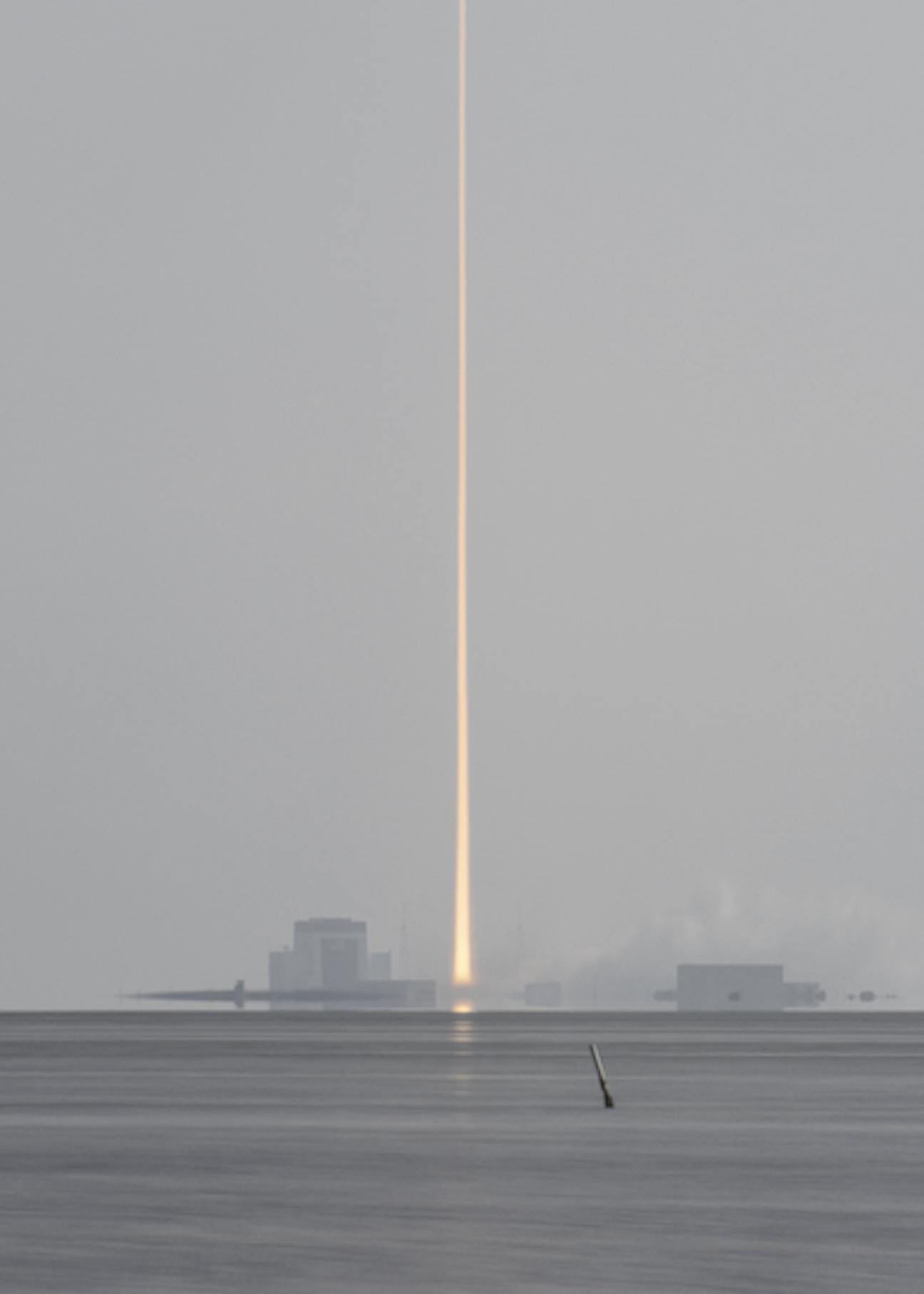
CULTURED: What did rockets and waves teach you about America?
Shin: Like I said, it’s really metaphorical. It’s the two extremes, right? The dichotomy of nature and on the other side, technology or science—even first-world civilization.
CULTURED: Tell me a little bit about how you became embedded in the Cape Canaveral community—how did you get access?
Shin: I didn’t want to get embedded in the Cape Canaveral community, that was not my intention. I just wanted to go there and photograph rockets. But to even understand the process of photographing them you have to first get the accreditations. It’s a community of rocket photographers—they have a certain way of approaching things. It’s very systematic and very limited in terms of what you can do. You get ready for the shot three days in advance and then the actual taking of the picture lasts like 20 seconds. It comes to you. You have to be in receiving mode. It’s a different kind of work than I normally do: With portraits, the interaction is the important part. In this kind of photography, it’s all about logistics.
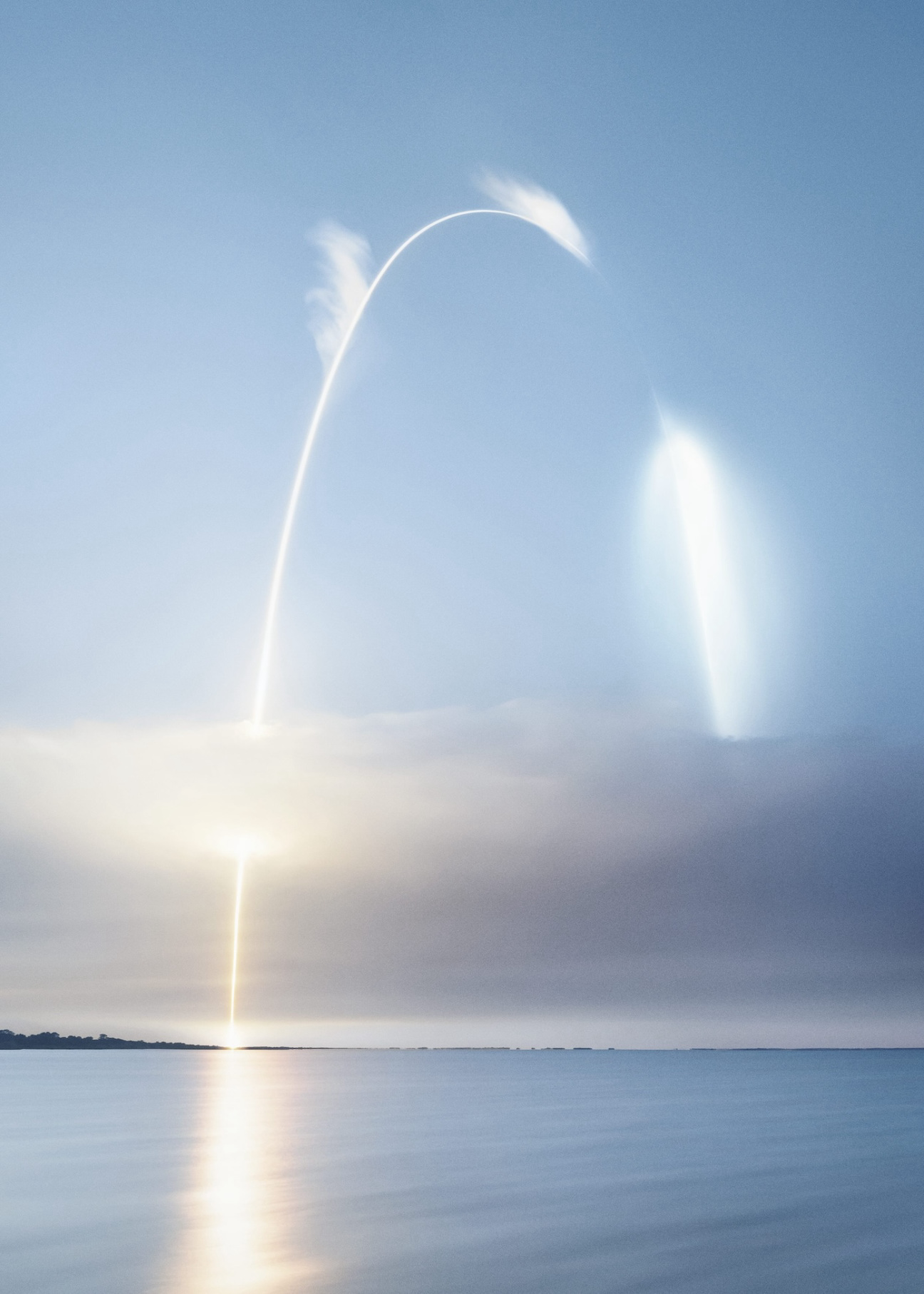
CULTURED: What was the community of rocket photographers like?
Shin: I learned everything from them. They’re all very enthusiastic rocket aficionados. A very, very small percentage of them earn money with [rocket] photography. And there are just a few female photographers—maybe 1 or 2 percent. It’s a very open community though.
CULTURED: Would you have described yourself as a rocket aficionado before this project?
Shin: Not at alI, I didn’t know anything except that I thought the photography from the ’70s and ’60s was cool. Of course, it’s very fascinating for everyone, but for most people very superficially because it seems very abstract at the same time.
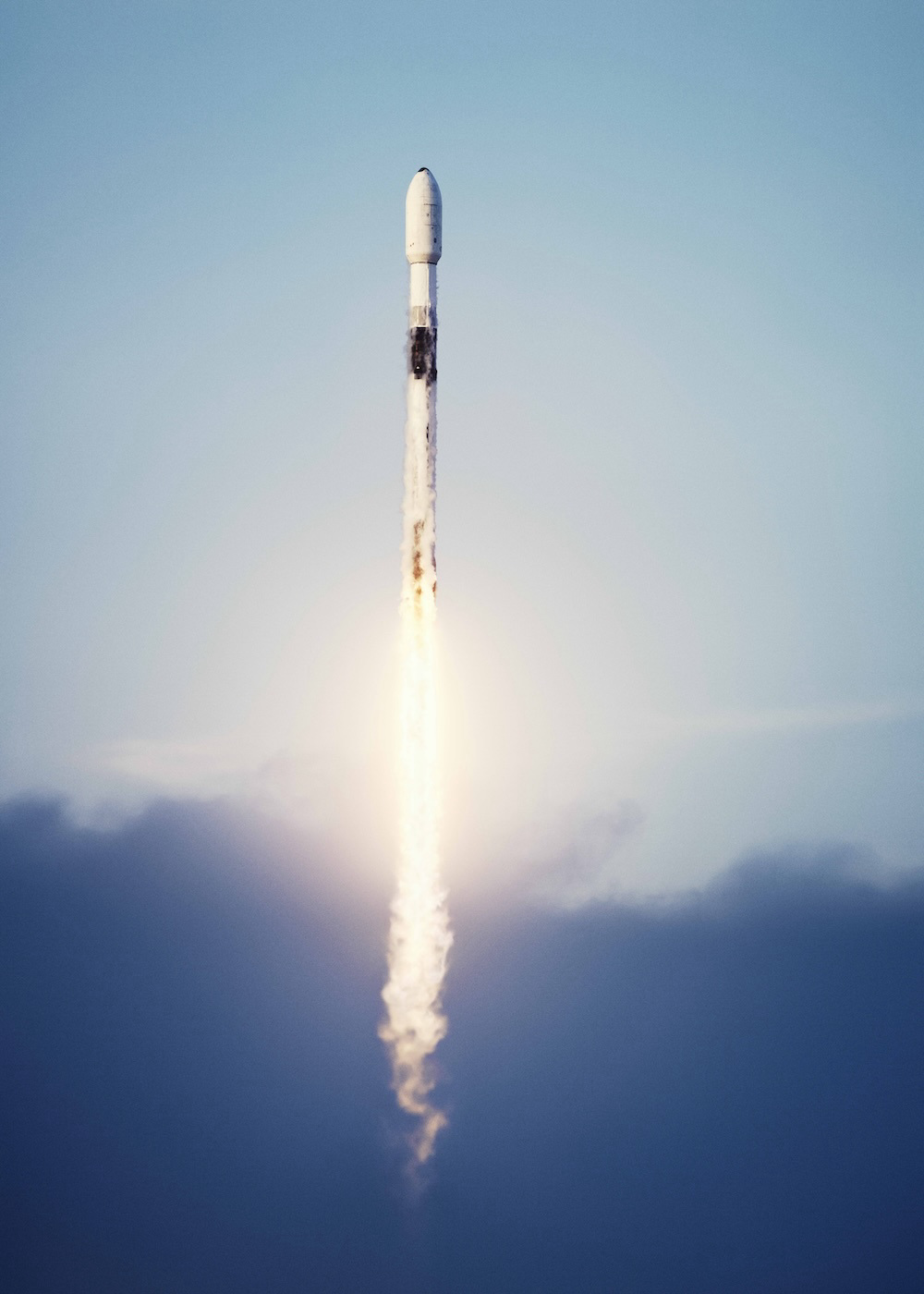
CULTURED: How did it feel to go from the Space Center to capturing the waves and the ocean?
Shin: There was a little synchronicity with the rockets and the waves because, while I was photographing the rockets, Hurricane Milton was approaching Florida. I was thinking about photographing waves, and I was like, Oh, this is actually a very good opportunity to do that. It was similar in that both of these series were given to me. You’re just waiting for this thing to happen. It tests you because you can also miss out on it if you’re not patient enough. And if you want to photograph a hurricane you have to know when it comes, at what time of the day, and where exactly it is, and also make sure you don’t get into the area where it’s really dangerous. It’s a lot of planning—much more than I normally do.
CULTURED: How do you think that’s going to come through in the final pieces?
Shin: I don’t know. I think it’s an epic show because it has really epic photography. The subject matter is just epic.
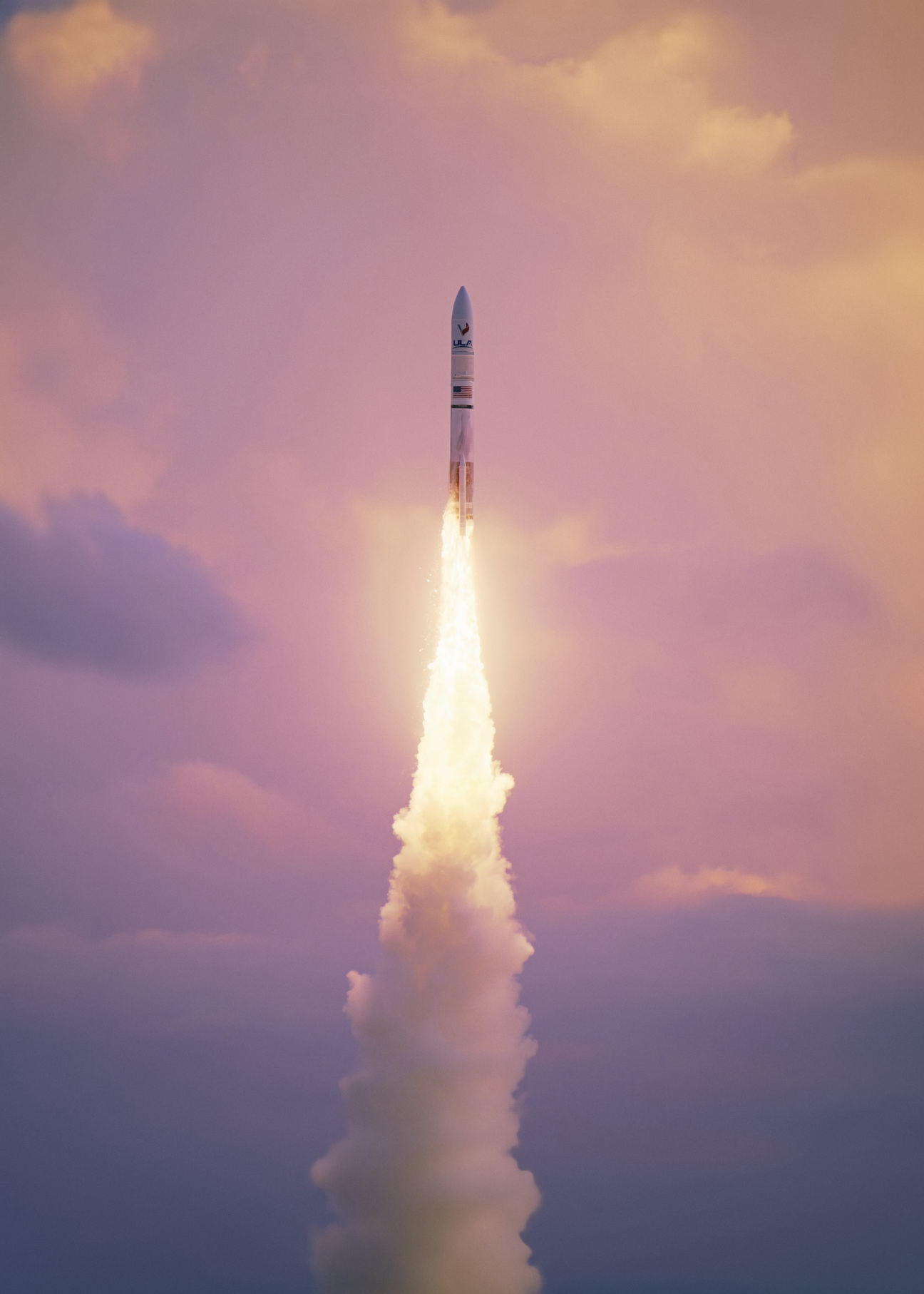
CULTURED: You’ve spoken about the outrage that’s been associated with your work and being less interested in that sort of provocation or being viewed as a provocateur. How did that outlook work its way into the show?
Shin: I do think there’s a consensus that transgression is not very interesting at the moment. People feel like they want to just look at good stuff and go back to more classical things—maybe even to what art has traditionally been occupied with.
CULTURED: Would you say that beauty is a part of that?
Shin: I think so.
CULTURED: How do you want this show to be remembered in your career?
Shin: That’s difficult. It will look as if I have matured in some way, but it’s hard to analyze myself. I might go back to photographing porn or something [laughs].



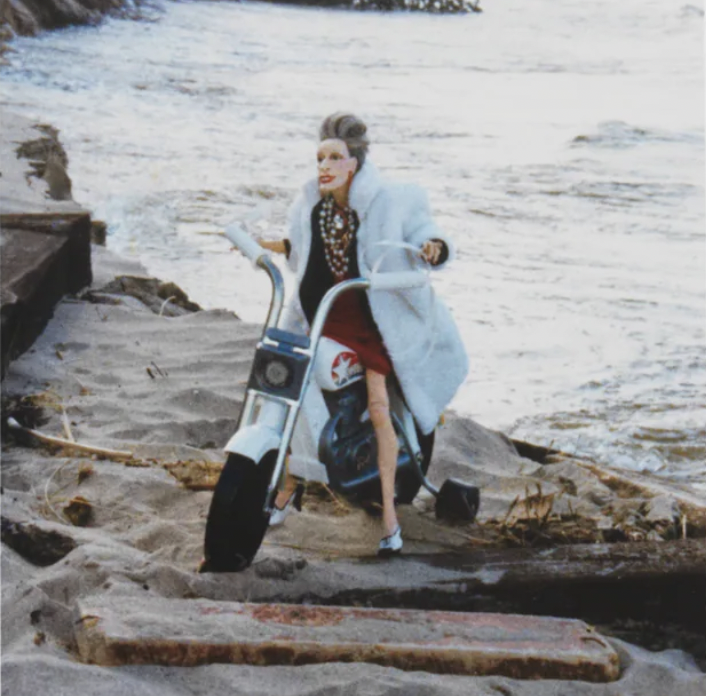


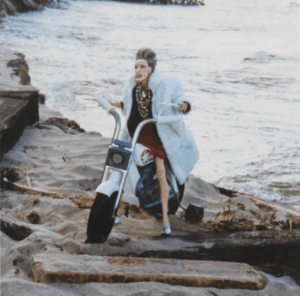



 in your life?
in your life?

